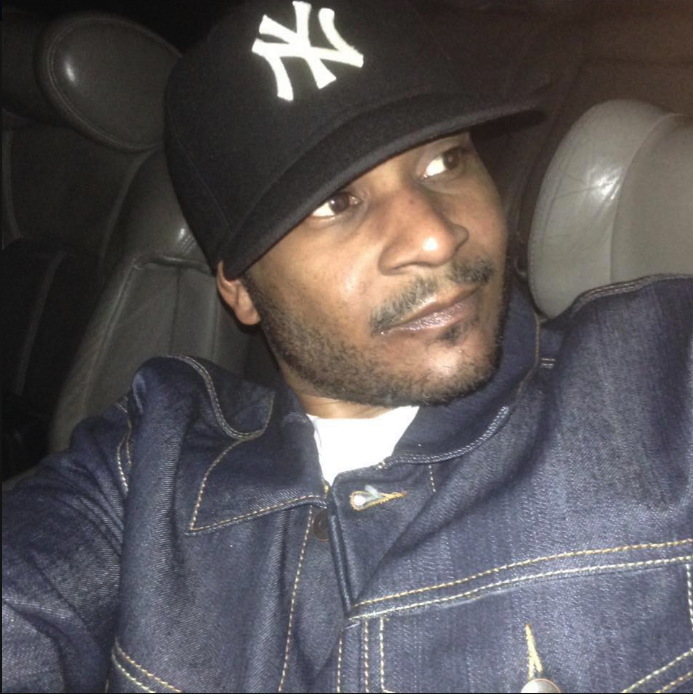 Is Racism Still Alive in America?
Is Racism Still Alive in America?
by Cesar Chelala
For people throughout the world, the election of Barak Obama to the U.S. presidency seemed to signal in a new era, that of the end of racism. Indeed, Obama's election was a momentous occasion and, one would have hoped, a milestone on the road to reconciliation. However, some recent, very ominous events cast a worrisome veil over the democratic process in the United States.
There are many reasons that can explain Obama's election as President: his penetrating intelligence, a wonderfully orchestrated campaign, and a life devoted to public service in which each action was like a brilliant chess move by a master of the game. But there were other factors of equal significance.
Before Obama's election, not only was the country involved in wars in Iraq and Afghanistan, in what increasingly looks like a quagmire, particularly in the latter country. The economy was in a desperate state, and unemployment and health costs were rising. There was a feeling of widespread malaise in the country believed by many to be the result of an incompetent president manipulated by darker forces, an opinion widely shared throughout the world.
After the initial high of Obama's election, there is now a changed atmosphere n the country. Violence is an inescapable companion to racism. And violence, or violent outbursts racially motivated, are certainly on the increase in the U.S. Threats against President Obama have increased by 400% since President George W. Bush left office, the highest numbers on record.

What makes this situation particularly worrisome is that they come not only from fringe elements in society. Thinly disguised, they also originate from certain political leaders who seem intent on creating an atmosphere of violence and disrespect around the President and the presidency.
How else can one interpret this statement by House Minority Leader John Boehner? “There is a political rebellion going on in America, and what we saw last night was just a glimpse of it,” he stated after last November's elections. One doesn't need to be a psychologist or a linguist to understand that such statements stoke the fires of rebellion, and are all the more dangerous when coming from a leader holding one of the most powerful offices in Washington.
As if this weren't enough, Boehner added, “Clearly it's been a difficult year. For us it's been like standing in front of a machine gun–liberal ideas every single week, one after another. I think it really has the American people concerned. They are scared to death, actually.”
Not to be upstaged, the ineffable Mrs. Palin, vice-presidential candidate of the Republican Party during the last presidential election–and an avid hunter–told her Tea Party supporters at a recent event in Nevada, “Don't retreat, reload.”
If to these dangerous words–rebellion, machine gun, scared to death, reload–one adds the recent attacks on Democratic legislators during discussion of the health care bill in which they were spat on and threatened with racial and homophobic insults one has the makings of a racially charged–and extremely dangerous–atmosphere in the country.
Although there are other causal factors as well–political, social, economic–there can be no doubt that racism plays an important role.
The country is now facing an increase of 244 percent increase in the number of Patriot groups (militias and other organizations that see the federal government as their enemy) in 2009. At the same time, there has also been an increase in the number of anti-immigration groups throughout the country. These groups grew from 173 in 2008 to 309 in 2009, a rise of nearly 80 percent.
Are we facing a setback after so much work done in the last decades to overcome division and hatred in America? As Mr. Doudou Diène, a former United Nations Special Rapporteur on Contemporary forms of racism, racial discrimination, xenophobia and related intolerance, stated after visiting several states in the U.S., “Racism and racial discrimination have profoundly and lastingly marked and structured American society.
The U.S. has made decisive progress. However, the historical, cultural and human depth of racism still permeates all dimensions of life and American society.”

Founder of Lazarus Enterprises Group and head of strategy at Apex Media 365, also Apex Marketing Pro, a leading digital marketing firm.
We developed a system to help small businesses, and local companies connect with potential clients, and customers who truly need their goods or services, which will in-turn increase the company’s net worth with a lot more ease, and control.
We do this utilizing Gorilla marketing tactics, and technology to measure a return on investment.
To schedule a free 30-minute Marketing Tune-up, call us: 1-888-256-4202
